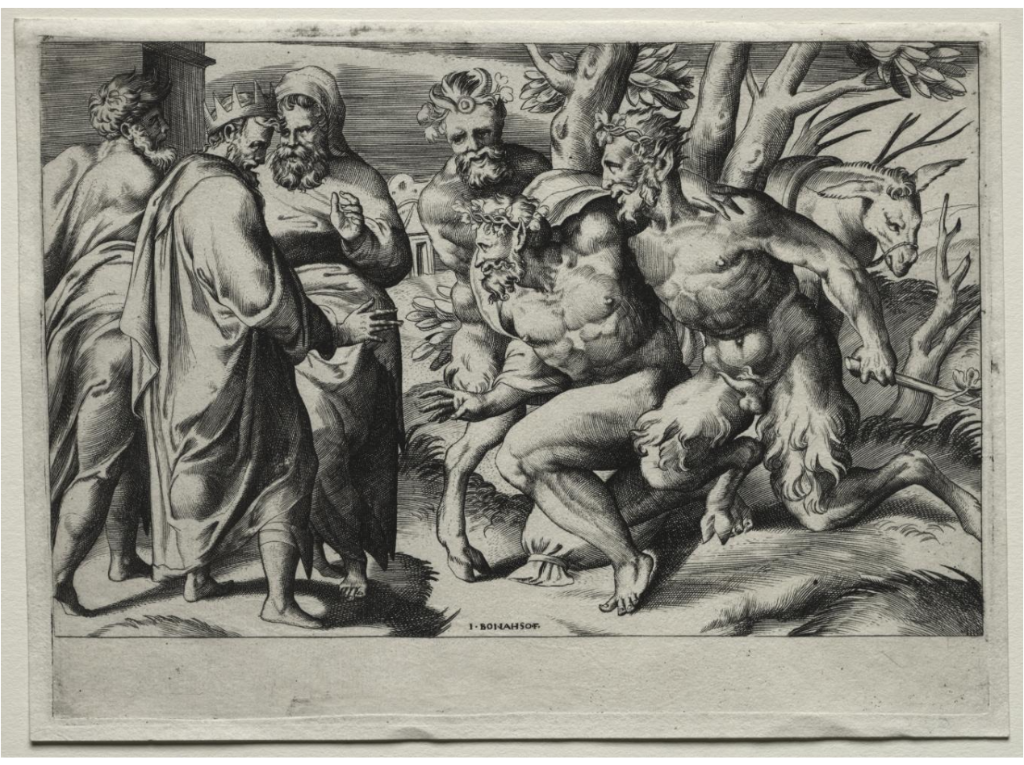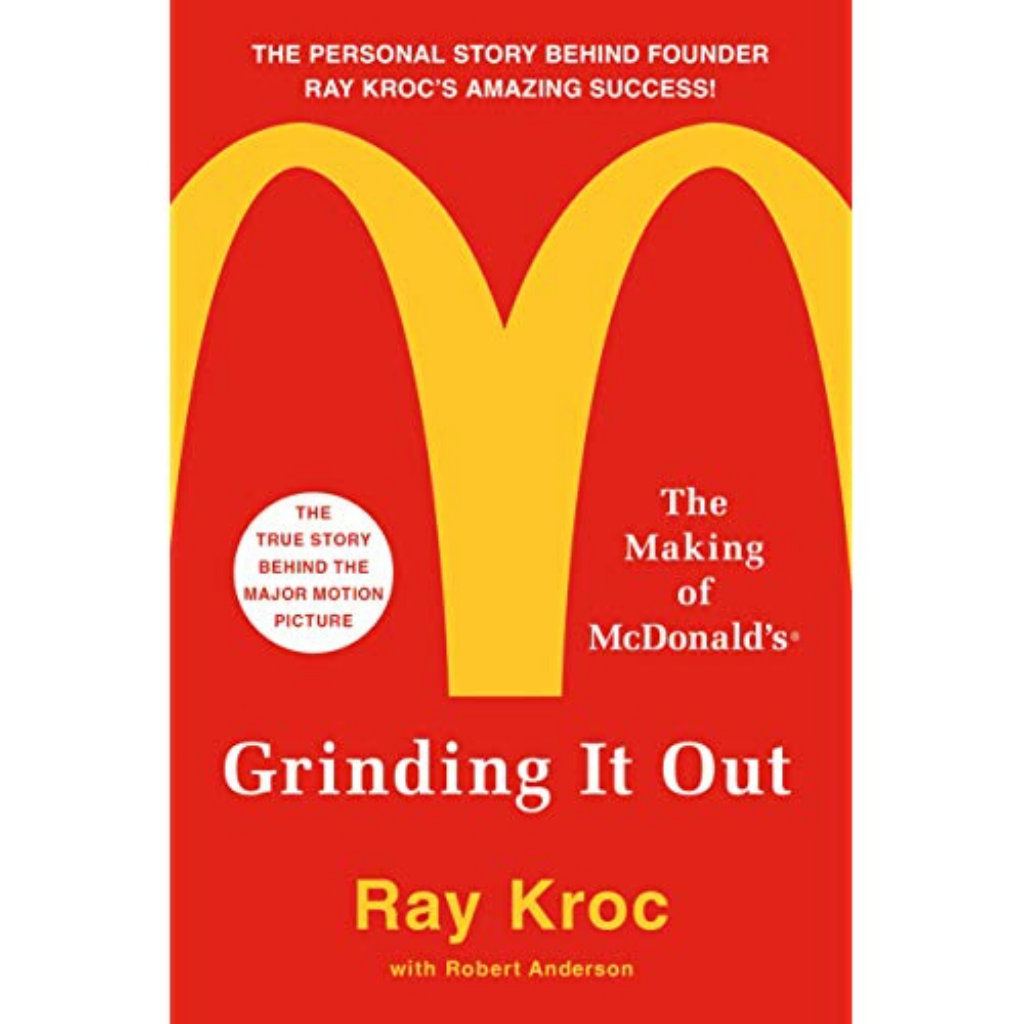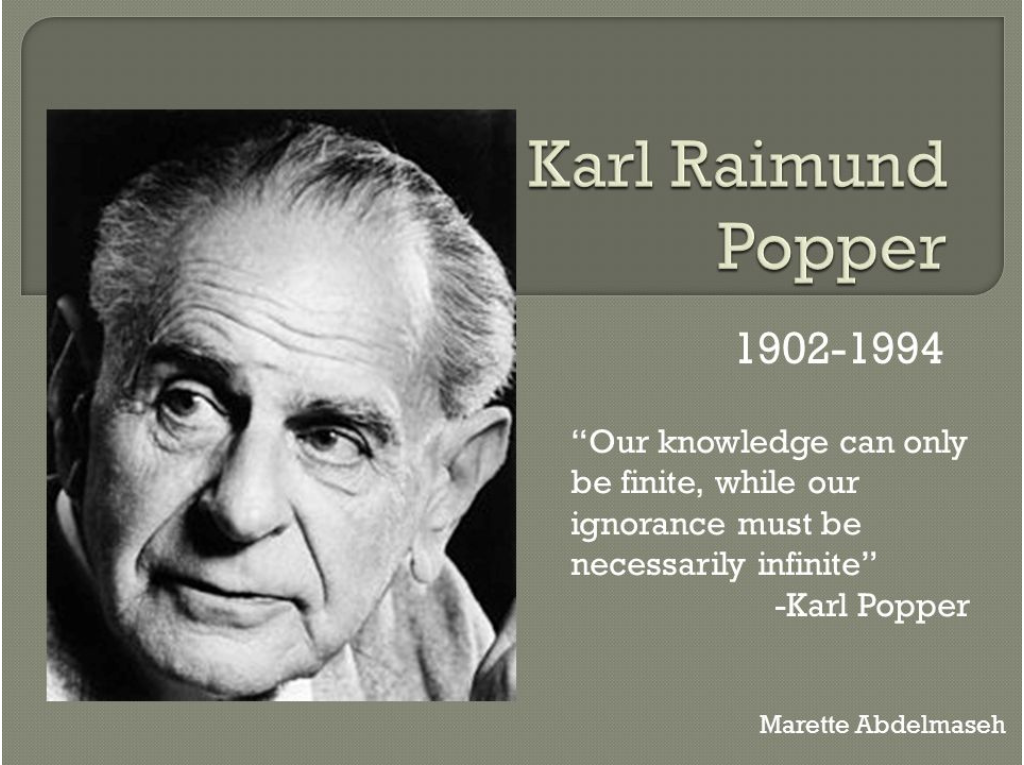There is no single “best fate” for any individual. The best way to answer this question is to explore your own values, goals, and desires, and make choices that align with your unique vision for a meaningful life.
I hope these alternative phrasings and approaches help you refine your question and find the answers you seek! Also you can find what the Greek myth says about “best fate” as well at the end, from the conversation between Midas and Silenus.
Focusing on happiness and fulfillment:
- What path will bring me the most meaning and satisfaction in life?
- What choices will lead me to a life I will look back on and be proud of?
- How can I live a life filled with joy, purpose, and fulfillment?
Focusing on legacy and impact:
- What will be my lasting contribution to the world?
- How can I make a positive difference in the lives of others?
- What will people remember me for after I’m gone?
Focusing on individual potential and growth:
- What talents and abilities do I want to cultivate and express?
- How can I challenge myself and reach my full potential?
- What kind of person do I want to become?
Focusing on specific values and ideals:
- How can I live a life that is true to my values and beliefs?
- What choices will allow me to make a stand for what I believe in?
- How can I live a life of integrity and honor?
Using creative metaphors:
- What compass should I follow on the journey of life?
- What melody should I sing in the choir of humanity?
- What masterpiece should I paint on the canvas of time?
When Midas asked Silenus what fate is best for a man, Silenus answered: “Pitiful race of a day, children of accidents and sorrow, why do you force me to say what were better left unheard! The best of all is unobtainable—not to be born, to be nothing. The second best is to die early
Will Durant (The Story of Philosophy)
another resource about the subject,
Although at a first glance, Silenus seemed nothing more than a lazy drunkard, he was actually one of the darkest characters in Greek mythology. As we have already noted, when drunk, Silenus could access knowledge unobtainable by humans through his prophetic insight. This way, the jolly wine god had become the bearer of a disturbing truth regarding life and existence.
More specifically, Silenus held that life was not worth living at all. In fact, he had deduced that the only way to obtain happiness, was not to be born in the first place! This antinatalist philosophy was a conclusion that he had reached after observing the pain and vanity of existence. This was a theme that appeared in Greek mythology known as the wisdom of Silenus.
For a god associated with laziness and excessive wine drinking, this terrible wisdom appears quite inconsistent at first. Yet, If we think carefully about it, there is not really a contradiction. Just like Dionysus, Silenus was a god of orgiastic mysticism which could be obtained through music, dance, and wine drinking. This excessive celebration of life was parred with a profound understanding of its vanity. Like yin contains yang in Taoism, Silenus’ affirmation of life contained a disillusionment about its value and a fascination with death and inexistence.
https://www.thecollector.com/silenus-dionysus-terrible-wisdom






